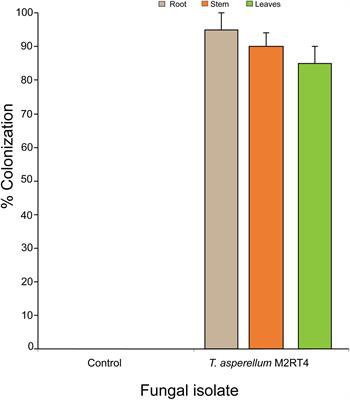EDITORIAL
Published on 14 Nov 2022
Editorial: Beneficial effects of fungal endophytes in major agricultural crops
doi 10.3389/fpls.2022.1061112
- 3,127 views
- 13 citations
9,492
Total downloads
40k
Total views and downloads
You will be redirected to our submission process.
EDITORIAL
Published on 14 Nov 2022
ORIGINAL RESEARCH
Published on 07 Oct 2022

REVIEW
Published on 05 Aug 2022

ORIGINAL RESEARCH
Published on 05 Aug 2022

ORIGINAL RESEARCH
Published on 17 Jun 2022

ORIGINAL RESEARCH
Published on 27 May 2022

ORIGINAL RESEARCH
Published on 05 Apr 2022

ORIGINAL RESEARCH
Published on 19 Nov 2021

